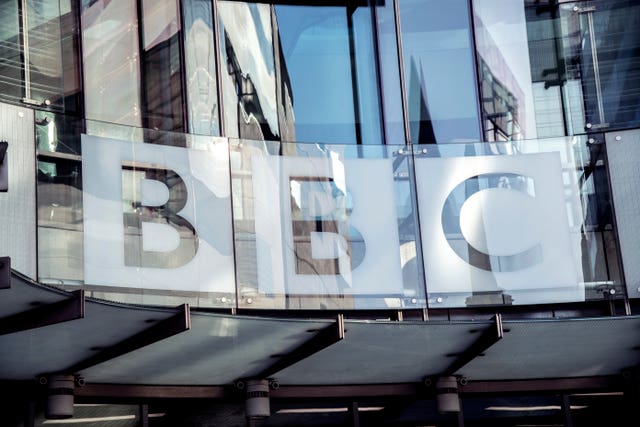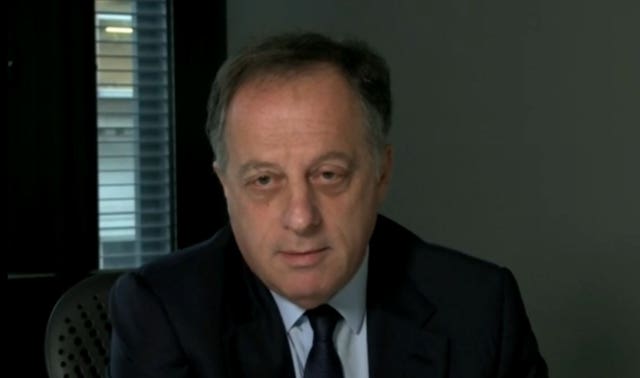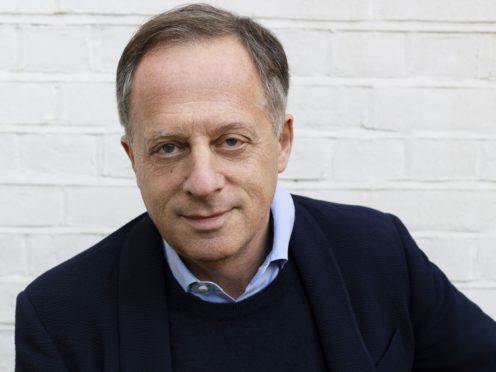The chairman of the BBC has called for tighter regulation of social media companies, saying “urgent questions” need to be asked about the platforms.
Richard Sharp said the “magnetic draw of conspiracy theories in our societies is getting stronger” in a speech to the Royal Television Society Convention on Wednesday.
The pandemic has highlighted how social media can help spread false information, he said.

“Where once these theories would bubble away in private echo chambers, Covid has created the perfect conditions for them to boil over into the mainstream – fed by algorithms that are great at recognising viral potential but not so good at spotting nonsense,” Mr Sharp said.
“The pandemic and ‘infodemic’ that has spread alongside have left us in no doubt of how vulnerable we all are.
“But it has also suggested that some are more vulnerable than others.
“The magnetic draw of conspiracy theories in our societies is getting stronger.
“And we can no longer pretend it doesn’t have real-life consequences – whether it’s pulling down 5G masts, driving down vaccine take up, or leaving the results of democratic elections in doubt.”
Mr Sharp said there are “urgent questions to be answered about the future media world we want to live in”.

There needs to be a “rethink” on legislation around social media, he said, adding: “But we also need to look at where the digital world comes up against the fundamental rights, freedoms and privacies we sign up to as societies and individuals.
“Does the principle of media freedom need to be redefined and re-enshrined for the digital age?
“Do we need to claim our personal data as a human right, rather than an asset to be bought and sold?
“Now is the time to put in place the rights, protections and education that will safeguard – not just our media environment – but the stability of our societies and democracies long into the future.”
He also said the BBC can “define itself globally as a pre-eminent purveyor of facts in the disinformation age”.
Mr Sharp was also asked whether journalist and broadcaster Andrew Neil could return to the BBC after he left his job as chairman of GB News.
He replied: “Well, I enjoy watching Andrew Neil is what I would say.”
When asked whether Neil could help challenge “groupthink” within the BBC, he added: “What do you think?”
He also described the potential sale of Channel 4 as a “little local issue”.
“Channel 4 was actually developed in order to bring a differentiated voice at a time that we didn’t have that open access to all the different voices that we have now.”
He added he can “certainly understand how [Channel 4] might need to fit in with the strategies of some of the other players” in the television industry.
Mr Sharp, a former Goldman Sachs banker, was appointed as BBC chairman earlier this year.
